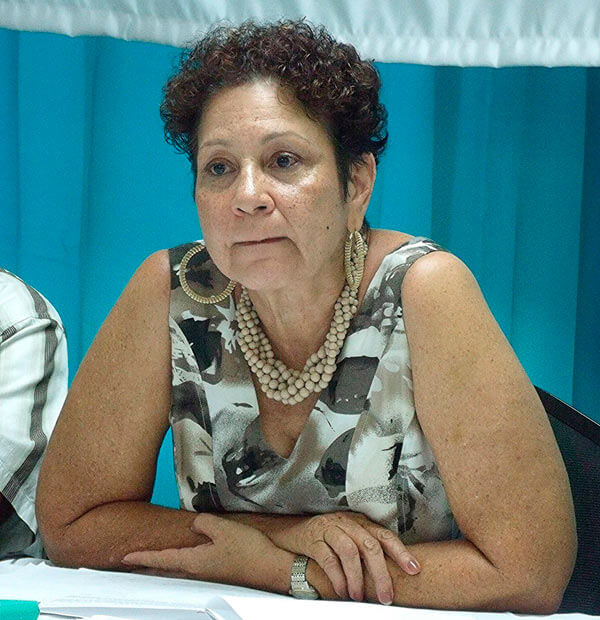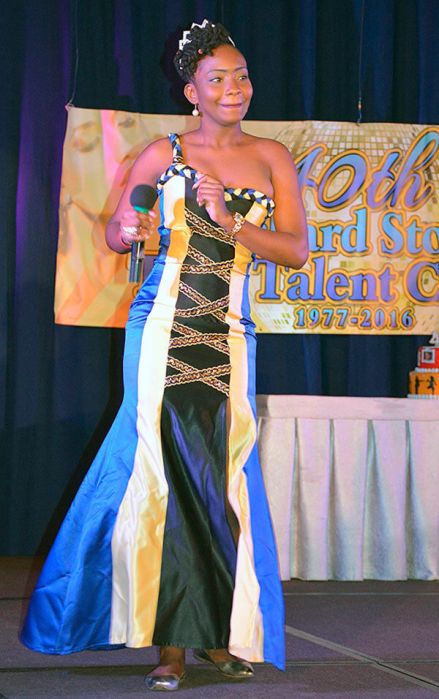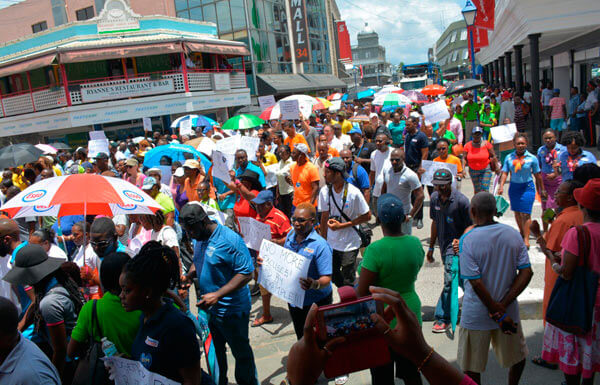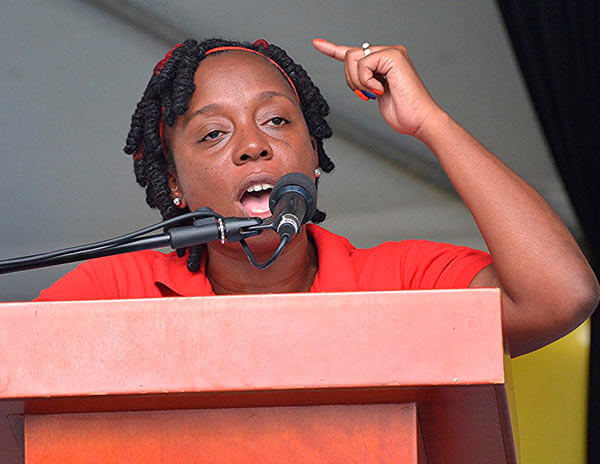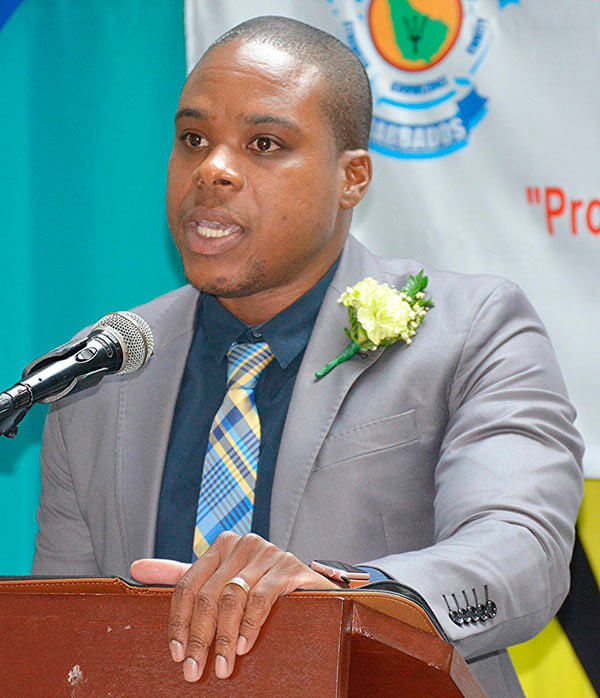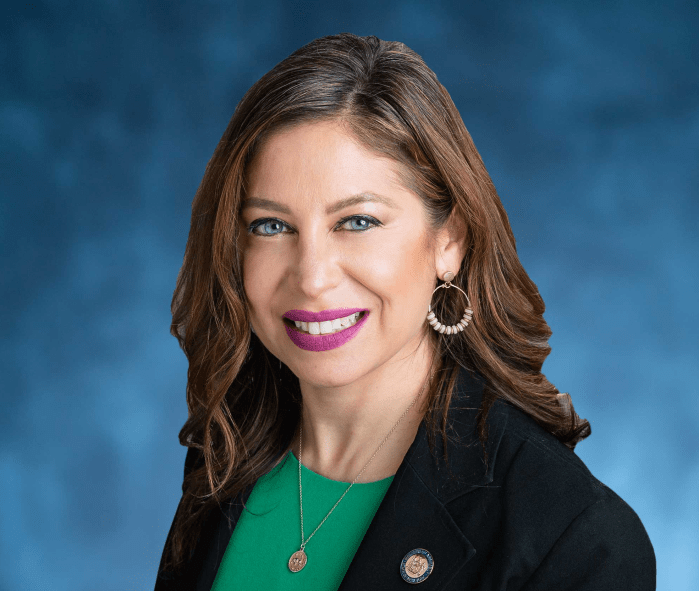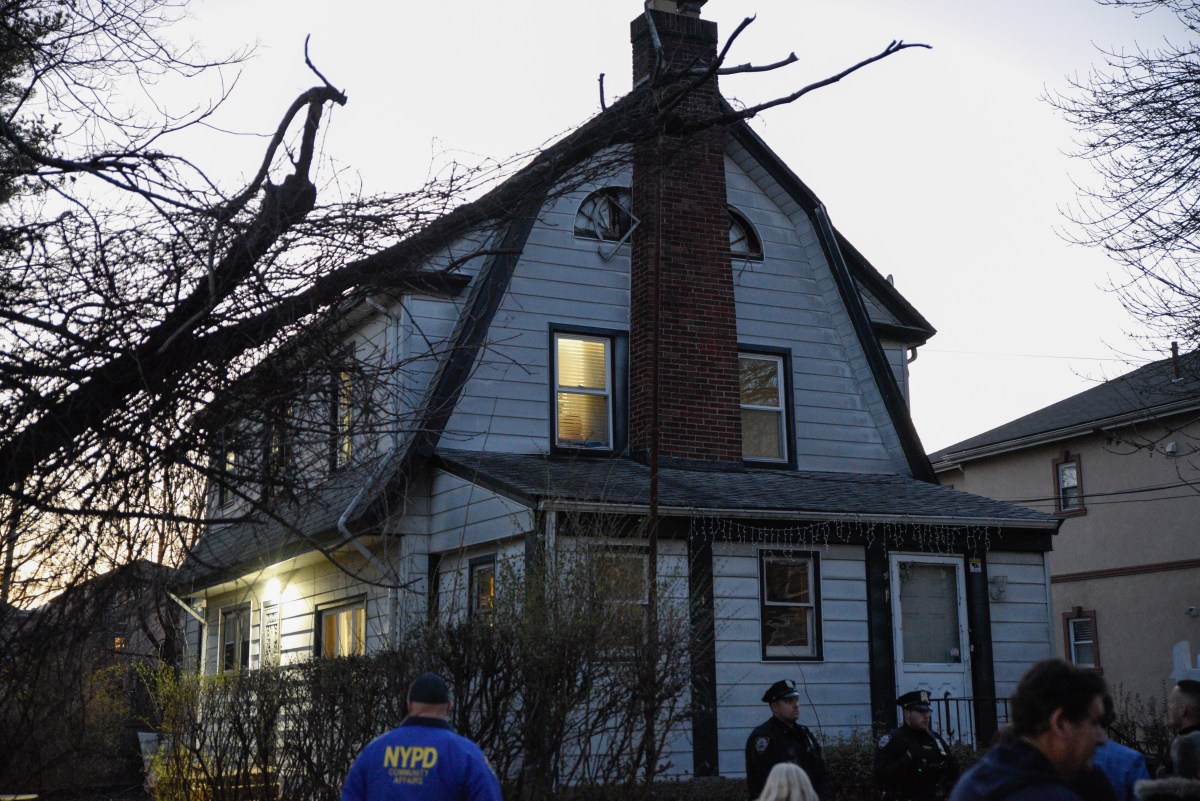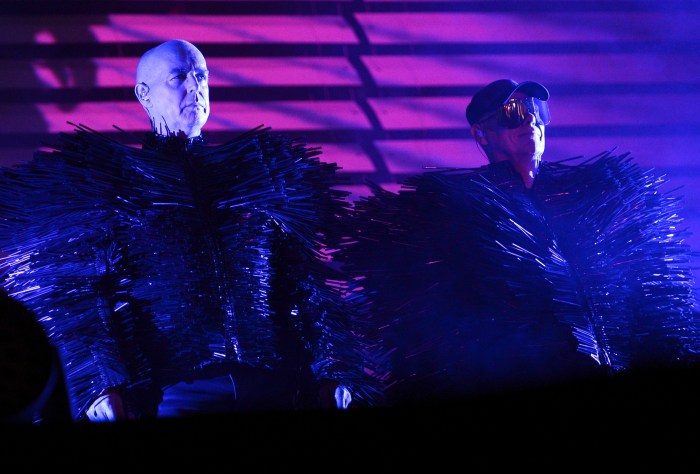Some of Barbados’ trade unions are again becoming cranky in a manner that foretells trouble for government as these workers’ representatives are not ruling out the possibility of industrial action to press their cases.
Since government presented its Estimates of Income and Expenditure for the 2017 – 2018 financial year on Monday, March 13, National Union of Public Workers officials made known their unhappiness because the document that forecasts Bar$4.5 (Barbados $1 = 50 cents US) in spending did not include a raise of salary for public workers, for whose overdue pay packets increases the union is prepared to take action.
Exactly one week later, Monday, the Barbados Secondary Teachers Union also threatened unspecified action as it brought to the fore again a simmering matter of teachers being asked to mark the Caribbean Examinations Council’s School-Based Assessment (SBA) papers of students, with no added pay for this increased work.
“Government’s disrespect for the workers and the union will no longer be tolerated,” NUPW President Akanni McDowall was reported saying after Finance Minister Chris Sinckler disclosed the figures in the estimates.
“What we are asking is for government to meet with us to continue negotiations. We have been trying to meet with government since October last year and government has quite frankly refused to meet,” said McDowall, who revealed that his union’s executive council had met on the matter.
He said that council members at that last week meeting had “decided to take industrial action in order to get government back to the [negotiation] table.”
That decision apparently forced government on Wednesday to agree to return to talks which have been scheduled for April 04.
Judging from the mood of the union, the administration’s agreement to talks may be only temporarily staving off industrial action if there is no agreements on a pay hike.
Public workers have not had a salary increase since 2009, but Sinckler had assured in his Estimates presentation that there will be a total of Bar$58 million in increments for them in this financial year.
While the increment seems certain, an actual increase in the substantive salaries for civil servants appears far from decided.
“We haven’t come to a conclusion on salary increases in Barbados for public servants,” Sinckler said.
For more than 10 years the secondary school teachers union had been complaining that marking the SBAs is not within their job description, and had been regularly making militant noises about this work with no pay.
But on Monday, March 20 teachers came together for a mass meeting in reaction to a Ministry of Education letter earlier this month warning them of ‘misconduct of a serious nature’ if they refused to mark the SBAs.
BSTU President Mary Redman said the letter was a ‘threatening directive.’
“Correction of SBAs does not form part of our duties and that is our argument,” Redman said to the media as she contended that her teachers are not legally obliged to assess the papers.
“CXC is an externally set of moderated exams. The SBA section cannot form a part of any duty, explicit or implied, of any teacher. That duty does not exist in any law or any regulation.”
Redman said that some action of protest is coming soon but her union’s executive is yet to decide on what form it will take.
Settlement of these issues calls for government spending, from the points of view of both unions, NUPW Barbados’ second most powerful, and BSTU, one of only two teachers representative bodies.
But these are hard decisions for the beleaguered government of Prime Minister Freundel Stuart that presented to Parliament Estimates showing spending already exceeding income by some Bar$1.5 billion for the period that begins April 01, 2017, and ends March 31, 2018 .



